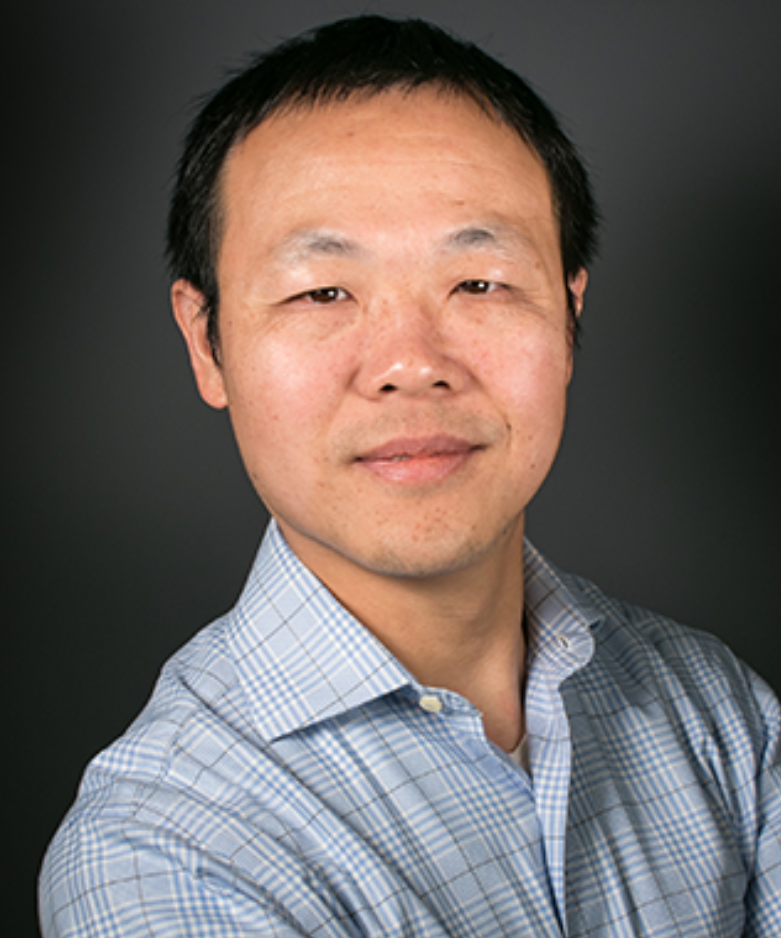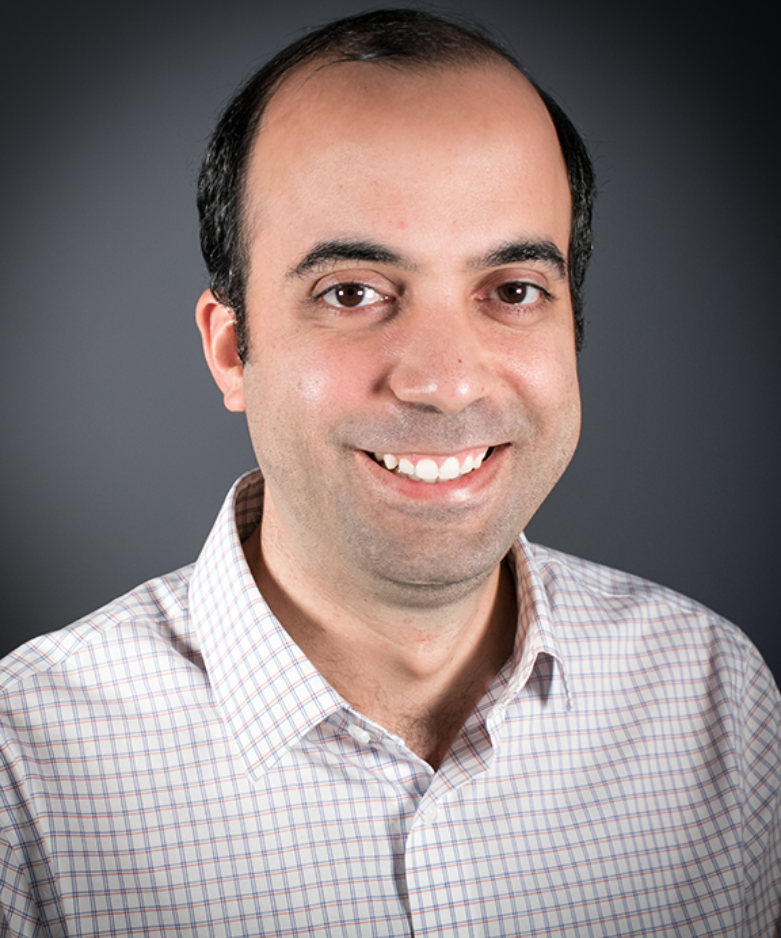AI Engineering for Digital Twins & Analytics - Online Graduate Certificate
An online certificate program for engineers who want comprehensive training in AI and digital twins to develop more robust and data-driven engineering solutions.
Download the Program Spec Sheet
Learn more about the curriculum, course format, financing options, and program faculty.

Program Highlights
9 Months (2 Semesters)
Start in Fall or Spring
2 Grad-Level Courses
Principles of Digital Twins
Digital Twins & AI for Predictive Analytics
Delivered 100% Online
Via Zoom and Canvas LMS
Financing Options
Monthly Payment Plans
Partial Tuition Scholarships
G.I. Bill Eligible
Key Features

Taught Live-Online by CMU Faculty
in CMU’s College of Engineering, ranked #7 in the nation for graduate engineering programs.

Designed for Working Professionals
with weekly, live-online sessions in the evening (ET) and asynchronous coursework you can finish on your own time, at your own pace.

Engaging Educational Experiences
that go beyond recorded lectures. Active learning sessions will help you master key concepts so you can immediately apply them at work.
Built for Your Busy Life. Designed to Make an Impact.
CMU’s AI Engineering for Digital Twins & Analytics certificate offers the rigor of a graduate-level education with the flexibility you need to make strides in your career.
When you enroll in our certificate, you can expect:
- Evening, live-online sessions taught by CMU College of Engineering faculty
- Self-paced assignments to fit your schedule
- Real-time collaboration with a diverse network of peers
- Personalized support throughout your learning journey
Meet Our World-Class Faculty
 Dr. Pingbo Tang
Dr. Pingbo Tang
Associate Professor of Civil and Environmental Engineering
Education: Ph.D., Carnegie Mellon University
Research Focus: Remote sensing, human systems engineering, and information modeling technology in support of the spatiotemporal analyses needed to effectively manage workspaces, constructed facilities, and civil infrastructure systems. Examining sensing and modeling methods for understanding the Human-Cyber-Physical-Systems (H-CPS) in accelerated construction and infrastructure operations (e.g., airport and power plant operations, water treatment plant control).
 Dr. Mario Bergés
Dr. Mario Bergés
Professor of Civil and Environmental Engineering
Education: Ph.D., Carnegie Mellon University
Research Focus: Making our built environment more operationally efficient and robust through the use of information and communication technologies, so that it can better deal with future resource constraints and a changing environment. Bergés’ current work focuses on developing approximate inference techniques to extract useful information from sensor data coming from civil infrastructure systems, with a particular focus on buildings and energy efficiency.
Want more info about the program? Download our Program Spec Sheet. Or, if you're ready to apply, start your application today!